The workshop was chaired by Dr. Nguyen Van Quyen - President of the Vietnam Lawyers Association and Dr. Tran Cong Phan - Member of the 15th National Assembly, Standing Vice President and Secretary General of the Vietnam Lawyers Association, with the participation of representatives from the National Assembly's Law Committee; the Ministry of Natural Resources and Environment …
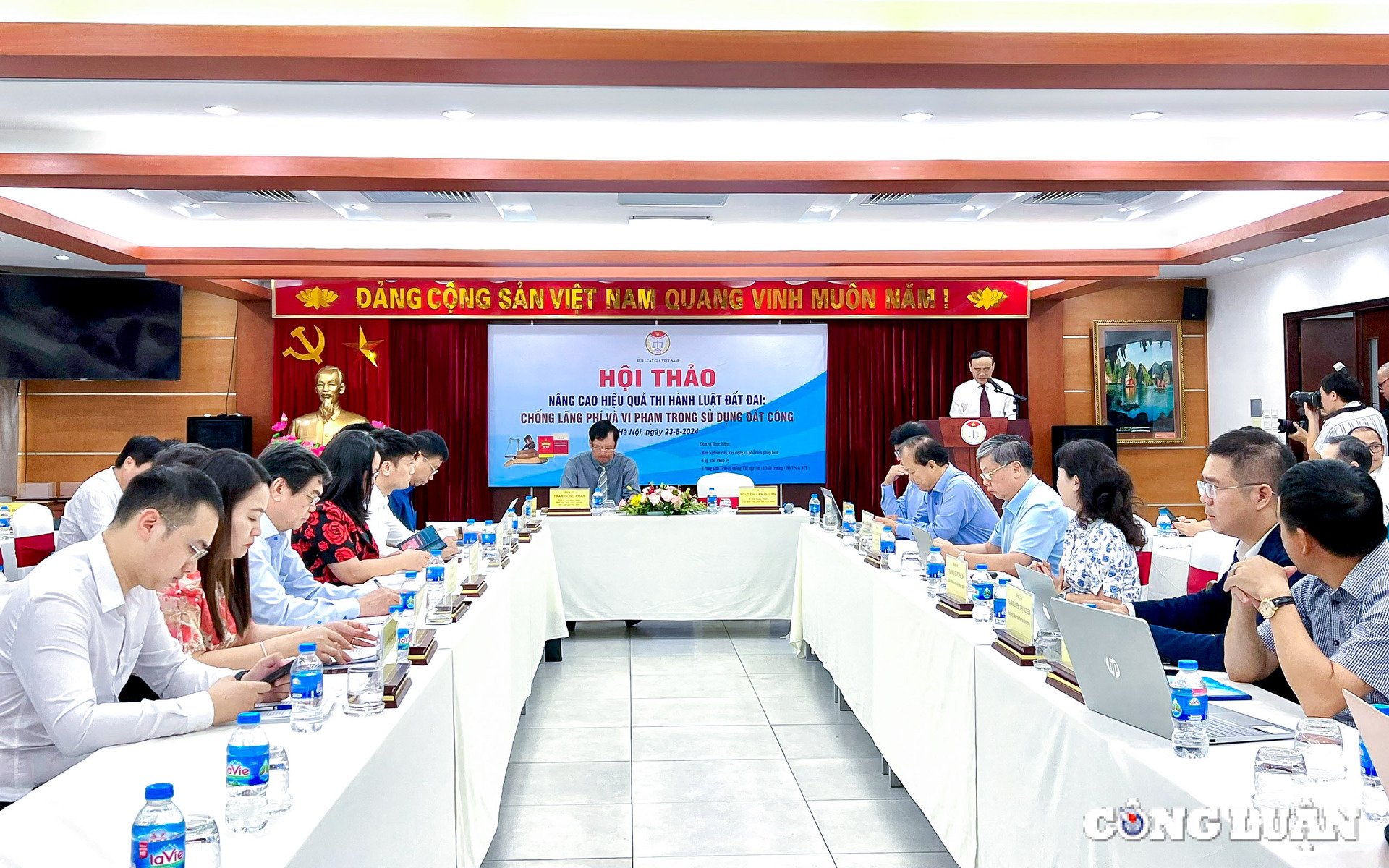
A view of the workshop "Improving the effectiveness of the implementation of the Land Law: Combating waste and violations in the use of public land".
At the workshop, speakers and experts introduced, analyzed, and clarified the regulations of the 2024 Land Law and related legal documents on policies and laws regarding the management and use of public land, including public land of public service units and state-owned enterprises; identified the current situation and shortcomings in the past; and proposed solutions to improve the effectiveness of combating waste and violations in the use of public land by public service units and state-owned enterprises in particular.
In his opening remarks at the workshop, Dr. Nguyen Van Quyen, President of the Vietnam Lawyers Association, emphasized that Resolution 18-NQ/TW is expected to create strong breakthroughs and provide impetus for national development in the new period. The Resolution aims to enhance the role of the State as the representative owner and its management capacity regarding land; resolutely combat corruption and negative practices in the land sector; and ensure a harmonious balance of interests between the people, investors, and the State, with the people at the center. At the same time, Resolution 18-NQ/TW affirms: "Land belongs to the entire people, with the State as the representative owner and managing it uniformly," and clearly defines the property nature of land use rights. The Resolution also aims to expand access to land for the people and businesses...

Dr. Nguyen Van Quyen - President of the Vietnam Lawyers Association - provided information at the conference.
Mr. Le Van Binh, Deputy Director of the Land Department, Ministry of Natural Resources and Environment, also stated that after nearly 8 years of implementation, in addition to the achievements, the regulations in the 2013 Land Law have gradually revealed many limitations such as: land use planning does not ensure consistency, comprehensiveness, systematicity, and high quality, lacking a long-term vision; land resources have not been fully and sustainably exploited and utilized, land use in some places is still wasteful and inefficient; land acquisition, compensation, support, and resettlement in some places do not ensure a harmonious balance of interests between the State, land users, and investors...
The 2024 Land Law comprises 16 chapters and 260 articles, an increase of 2 chapters compared to the 2013 Land Law (adding one chapter regulating land fund development and separating the chapter on land acquisition, land requisition, compensation, and resettlement support into two chapters). Specifically, it amends and supplements 180 out of 212 articles of the 2013 Land Law, adds 78 new articles, and removes 30 articles (due to merging 13 articles, removing 13 articles, and separating 4 articles).
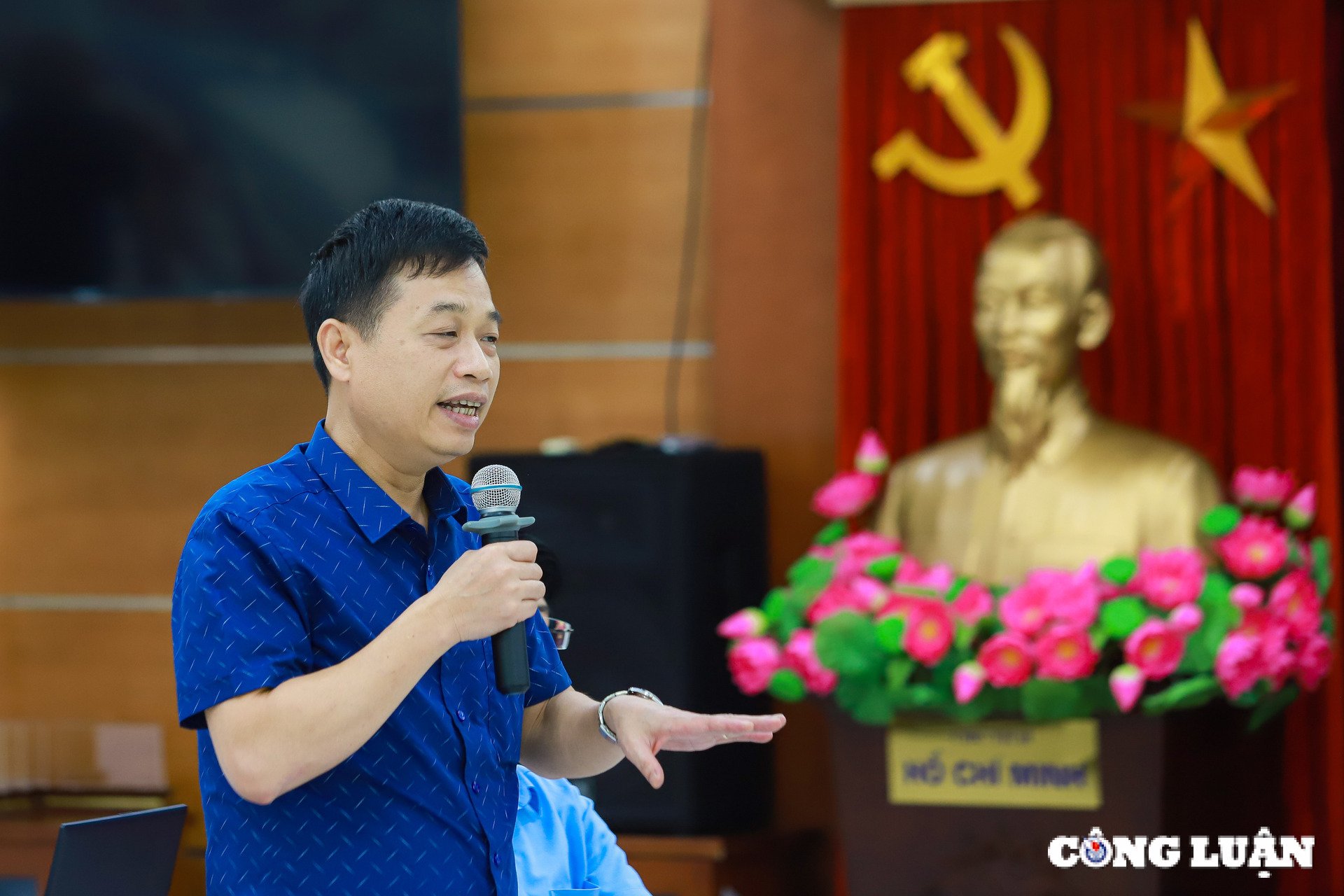
Mr. Le Van Binh, Deputy Director of the Land Department, Ministry of Natural Resources and Environment, stated: The 2024 Land Law has moved the regulations on the rights and obligations of land users to immediately follow the chapter on the rights and responsibilities of the state and citizens regarding land, and to precede the regulations on state administrative management of land. This demonstrates respect for the rights of the people, considering them the root, the foundation, and the center of policy.
The new law also inherits and improves regulations on land use principles, adding principles for land protection and adaptation to climate change; stipulating the responsibilities of those entrusted with land management by the State; and adding regulations to encourage efficient land use, land consolidation for large-scale agricultural and forestry production, and infrastructure development to increase land value.
Notably, the law has supplemented and refined regulations on prohibited acts. For agencies and authorized individuals, in addition to prohibiting the abuse of power and authority to violate land management laws, failing to provide information, or providing inaccurate land information, the law has added prohibitions on the following acts: failing to meet deadlines as prescribed by law; failing to prevent or address violations of land laws; violating land policies for ethnic minorities; and gender discrimination in land management and use.
Associate Professor Dr. Dinh Dung Sy (former Deputy Director of the Legal Department, Government Office ) believes that the 2024 Land Law is expected to create a more complete and favorable legal basis for the equitization of state-owned enterprises.
While there are many reasons for the slow pace of privatization of state-owned enterprises in recent years, the main one stems from difficulties in determining the value of land use rights.
Another major obstacle is that when a state-owned enterprise undergoes equitization, it must develop and approve a land use plan, and the value of the land use rights must be included in the actual value of the enterprise. Most state-owned enterprises that are slow to equitize or fail to do so are bogged down in the land use plan approval process. Furthermore, many regulations are not truly clear, and many unnecessary administrative procedures cause inconvenience and prolong the equitization process.
“The 2024 Land Law has added a mechanism for determining the value of land use rights, a mechanism that is expected to alleviate the difficulties faced by state-owned enterprises during privatization,” said Associate Professor Dr. Dinh Dung Sy.
Source: https://www.congluan.vn/luat-dat-dai-2024-duoc-ky-vong-nang-cao-hieu-qua-chong-lang-phi-va-vi-pham-trong-su-dung-dat-cong-post308977.html












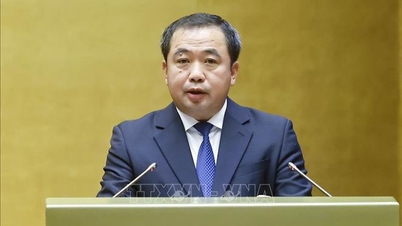

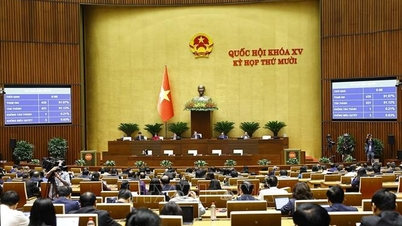


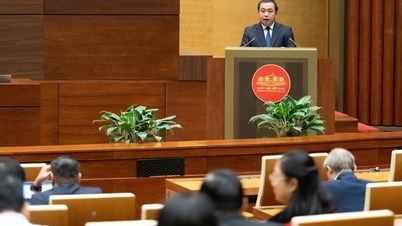



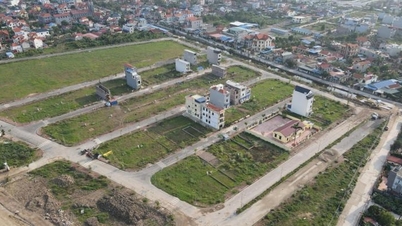



















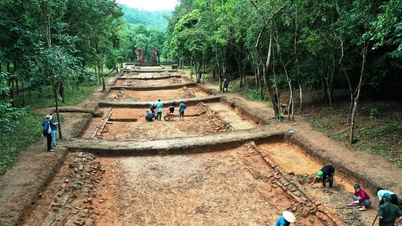









































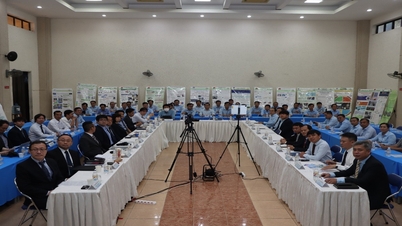



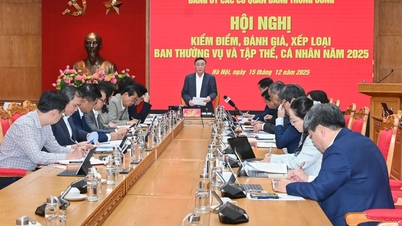






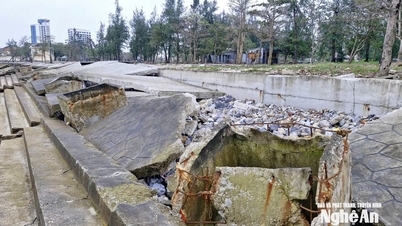



















Comment (0)